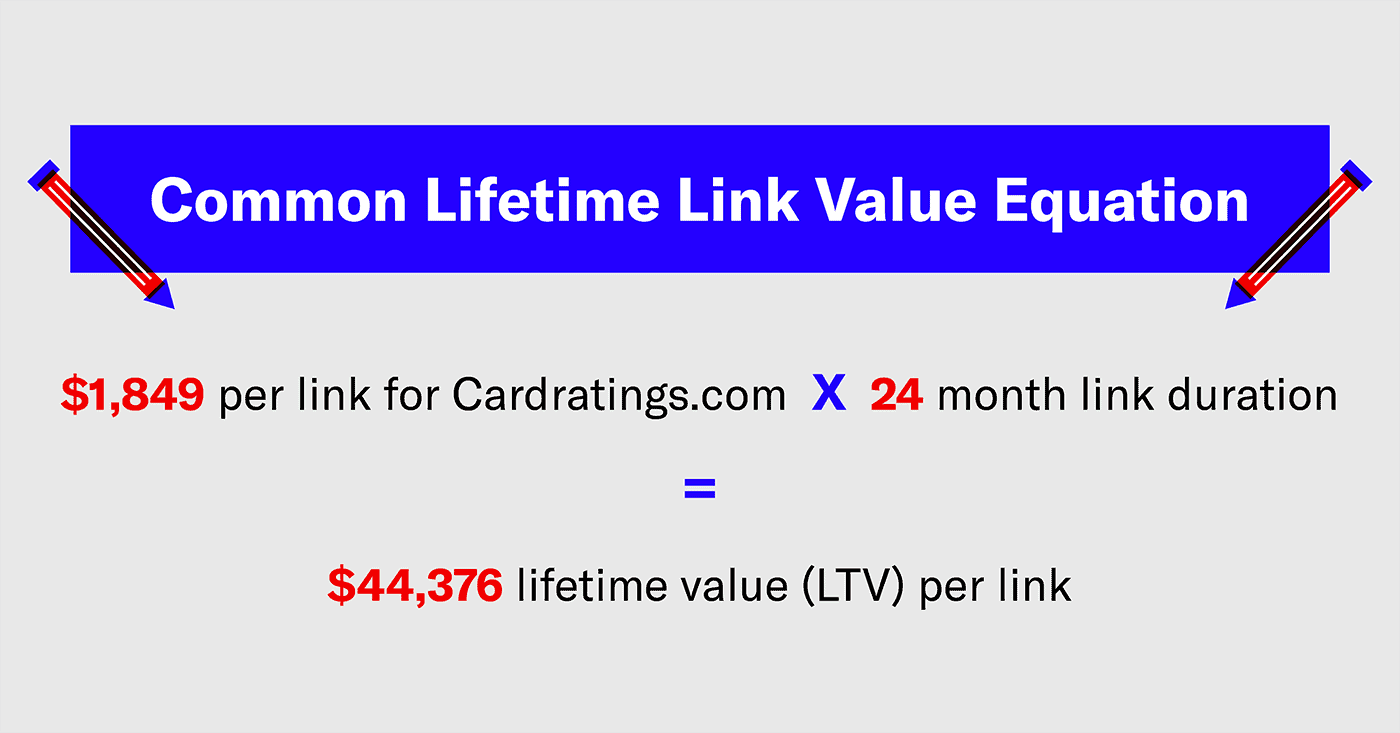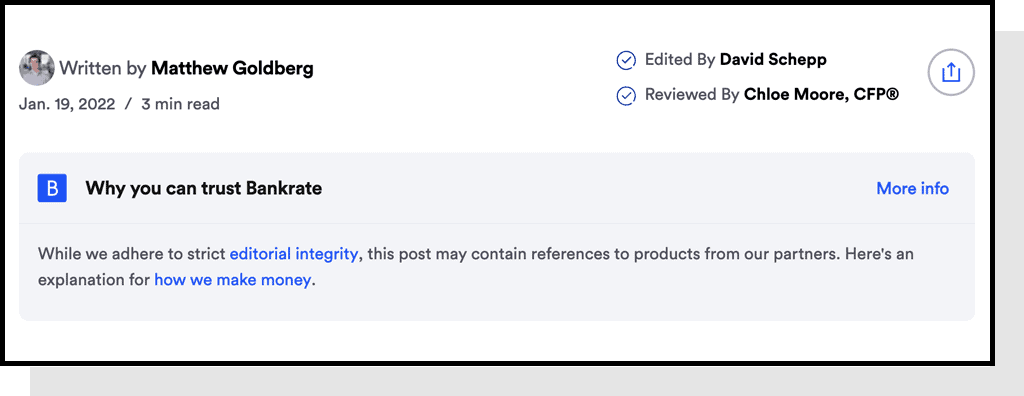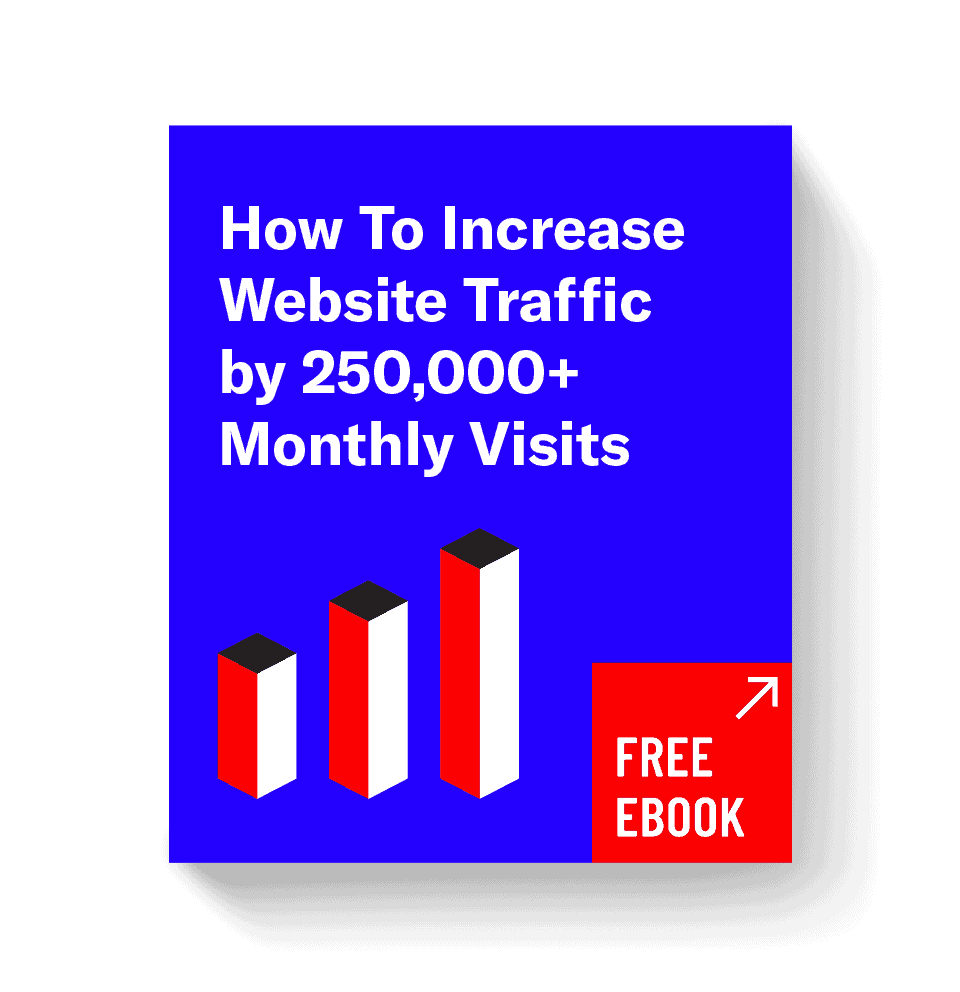Fintech SEO is a completely different challenge than e-commerce SEO, SaaS SEO or anything else you see in the SEO world. Some of the keywords fintech companies try to rank for are the most competitive on the internet, which means a world-class strategy is needed in order to stand out and win.
At Siege, we’re lucky to have worked with many of the world’s best fintech companies, such as Mint, Quicken Loans and QuickBooks. Here, we’ve learned the repeatable SEO strategies that perform time and time again in finance markets.
In this post, you’ll learn how to evaluate ROI in the finance space, why technical SEO might not matter as much and how to generate finance-focused links at scale.
Tech SEO Is Less of a Consideration
Finance websites are typically on the small side. You won’t run into an Amazon in this space, which has 267,000,000 pages indexed at the time of this writing.
For that reason, the technical aspects of SEO are less prominent and needle-moving. When your website is under 10,000 pages (and that’s on the high side in this space), it’s less common to see complex technical issues pop up.
This doesn’t mean they can’t happen or that you should completely ignore technical SEO. Rather, SEO in the financial industry tends to take on a different form. In our experience, a common SEO department for a finance firm actually looks something like this:
This is because most of the SEO problems that exist in this space occur at the page level. This requires custom, thoughtful content and user experience work in order to win each query. Compared to a company like Amazon, which often scales out its infrastructure to thousands of pages and has to consider things like crawl budget, large-scale analysis is rarely possible on a smaller website.
The fintech firm can frequently have an SEO Manager tackle most technical problems, but from there they’ll need significant effort dedicated to content and links from other people on the team, internally and externally.
Link Value Is High Due to Acquisition Difficulty
In fintech, the lifetime link value we see is often >$15,000. At a vertical level, this is the highest link value on the internet.
This is because the financial industry is both valuable and also extremely difficult to get links in.
Unlike industries like fashion or wedding, where we see a high number of organic links happening naturally, this rarely occurs in fintech due to the commercial association commonly seen among brands.
Any time you ask for a link, people know your end goal is to generate money from them. For this reason, you’ll get turned down more often and have to get creative and/or have outstanding content.
Advertising Might Be Required
It feels weird to say, but just as trying to rank for terms like home insurance, car insurance and life insurance can be tricky, this is an industry where TV and digital advertising may be your barrier to entry.
Given the nature of fintech SEO, the “brand” plays that could be done organically in other industries likely can’t happen here. That said, those same brand plays are still important for brand recognition, which drives the few organic links that do occur, and also benefit CTR and promote trust on the search results which can drive better rankings.
For this reason, if your business is missing any kind of advertising strategy, there’s a good chance your brand metrics in fintech will be near zero. And because of that, this will lead to worse SEO performance.
It’s a tough pill to swallow but it’s the nature of the beast in a very competitive, lucrative industry. We often recommend to clients trying to rank for two-word finance terms that they need to be all-in on a brand marketing strategy — through advertising — in order to win long-term.
Leverage Startup Funding Journey to Generate Links
In these industries, link generation via the news of your funding rounds is one of the core pillars of a successful SEO strategy. NerdWallet, the most well-known fintech content site on the internet, IPOed and now benefits from the repeat news cycle coverage of their earnings releases.
As of 2021, there were over 10,000 fintech startups registered in the United States alone and over 26,000 globally. (Statista via Siege Media’s Fintech Statistics)
These links are high authority, impossible to replicate and critical for link generation on the way up to competitive rankings. It’s hard to imagine a fintech company trying to rank for any competitive term being able to do that via bootstrapping given how hard links are to generate.
Generate more links via this process by looking for competitors who have raised funding in adjacent markets, then search “raises” as a term in their backlink profile. Pitch those same publications when you raise capital to make sure you maximize your funding story.
Avoid Personal Finance Bloggers
Links are extremely valuable and hard to get, which often means manual outreach makes sense to generate more of them. This said, don’t expect personal finance bloggers to be receptive in this industry, as they more than anyone else will just ask you for money if you pitch them.
For this reason, we suggest link building strategies in associated industries that are still relevant but not personal finance focused. Some examples are:
- National news
- Local news
- Passive link generation through top-funnel rankings
- Wellness, health, and special interest groups
Content that resonates very often follows the S.U.C.C.E.S.s. Model. It’s simple, unexpected, credible, concrete, emotional and tells stories.
The good news about money is it’s a very emotional topic. This ties in perfectly to creating data-driven content that aligns with your vertical, that can then be pitched to news outlets.
Calculators With Low Time to Value
Given financial implications, calculators make sense for most fintech companies. These are often very competitive terms, but also critical parts of your website. They will be among the highest passive link earners for you, making it logical to lean into them if you do them especially well.
Our macro strategy is to try to lower the time to value of these as much as possible. As you can see in the above GIF, this calculator allows the user to get to the answer almost instantly. A few ways you can do this are by pre-filling data with common user answers and guessing location via geoIP.
By minimizing the number of times the user has to input things, you’ll maximize the probability of ranking well and delivering a good experience that generates links.
The Benefits of “What Is” Topics With Quick Answer Area
Another common query type in finance is “What is KEYWORD?” Users are trying to understand complex financial challenges and will often do so through this query set.
As Google evolves, our high-level goal as SEOs is to give users their information as quickly as possible. To best do this, giving users a quick answer above the fold, often in a subheader area, is ideal.
This often requires a UX restructuring of your content area to allow this to occur, but it’s a highly recommended strategy to accomplish long-term rankings.
Additionally, making your definition pop makes it more likely someone will reference it in their own posts — ultimately driving further passive links which are critical for success.
Editorial Review for Y.M.Y.L.
Finance is a Your Money or Your Life industry, one where it’s extra critical for users to trust the advice of the entity before putting their credit card on the line.
Given this, it’s highly recommended your content be written by a financial expert, or at very least reviewed by one. You should also make the credibility of the authors and editors clearly present on your website, establishing trust above the fold as much as possible.
Bankrate does a good job of this by not only offering information about an editor but also a reviewer for the post before you get into the content. These reviewers have bios that are available on hover, providing immediate trust for readers looking to learn more.
UX, Content and Links = $$$
To sum it up, fintech SEO means investing in content quality at the page level, being resourceful and purposeful with link generation, and having a world-class product that ties it all together.
From there, be prepared to spend years trying to rank for some of the most competitive terms. Two-word finance terms may take 4+ years to rank for, assuming you even deserve to rank on a long-term timeline.
Looking for help to expedite that timeline? Get in touch to learn more about our fintech-specialized, SEO-focused content marketing services.













